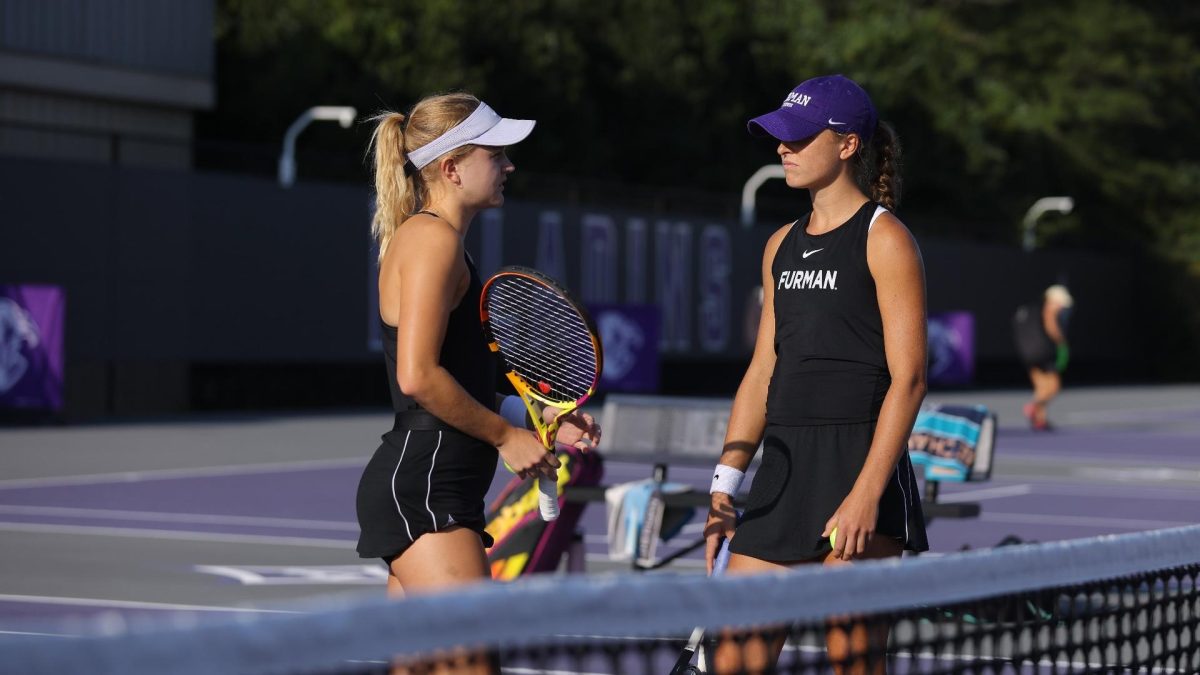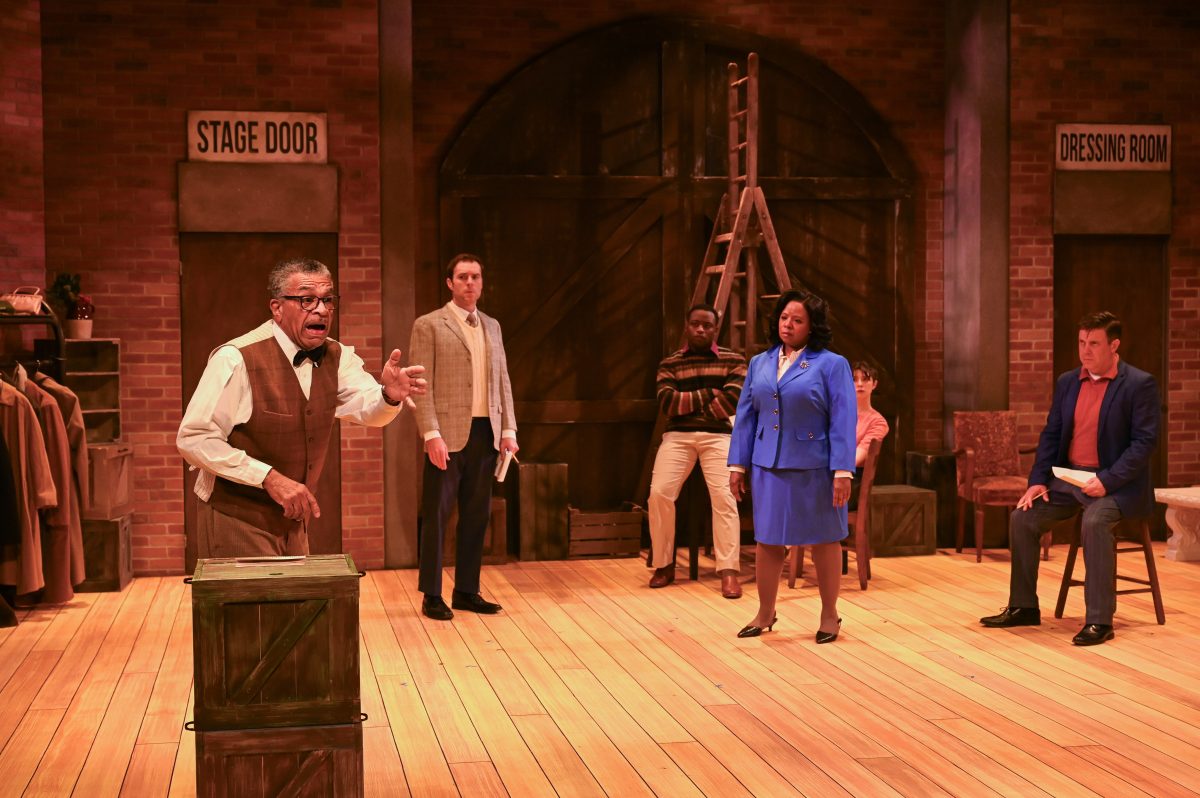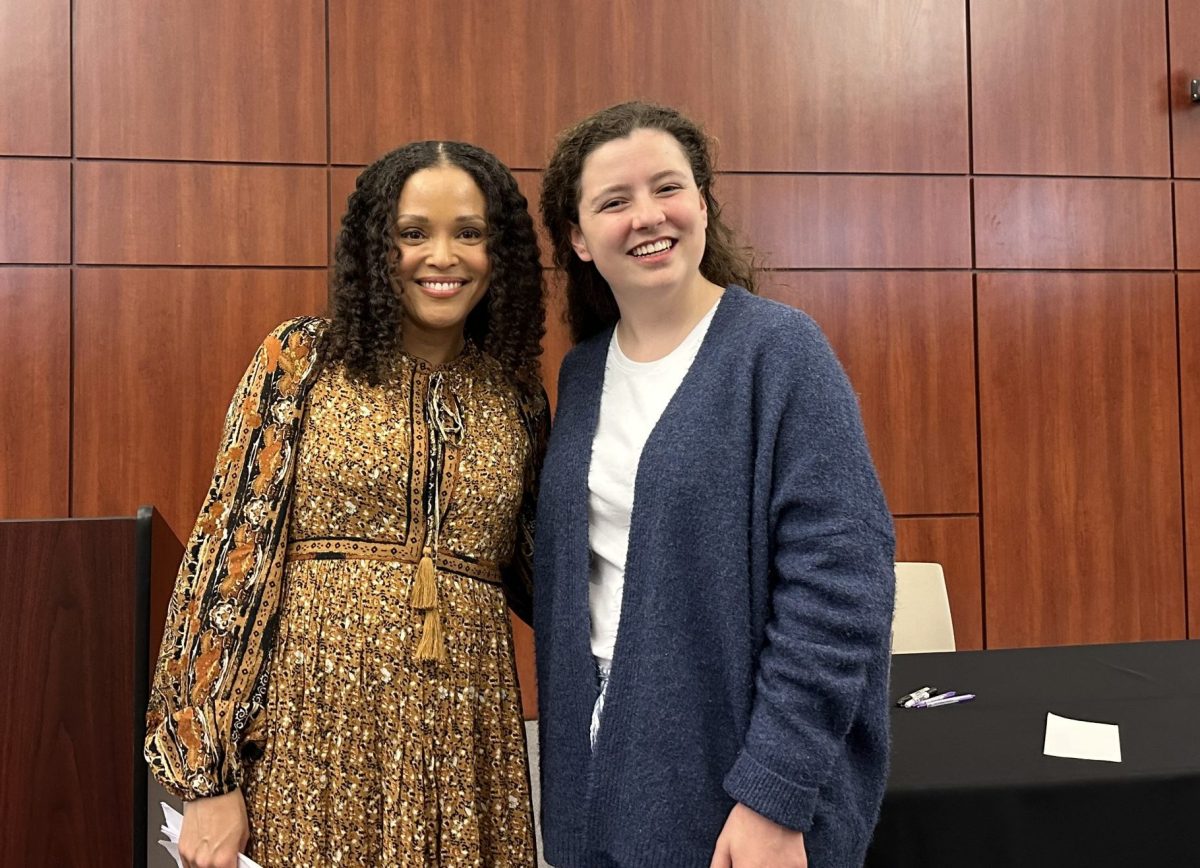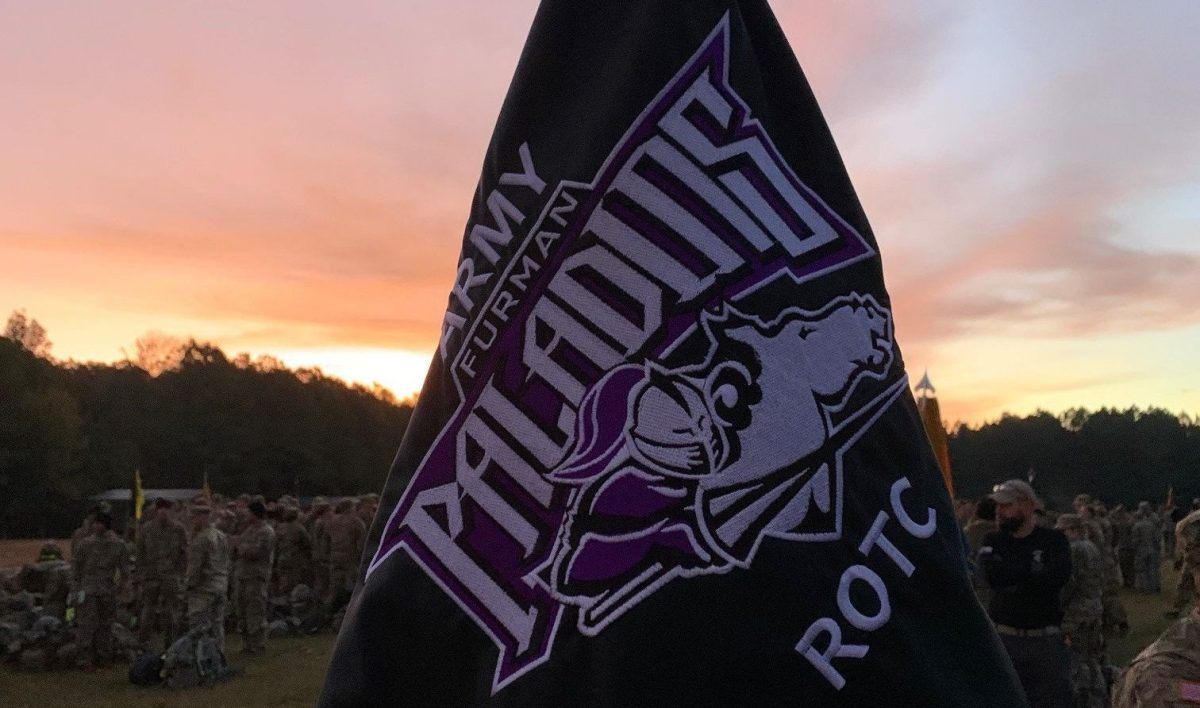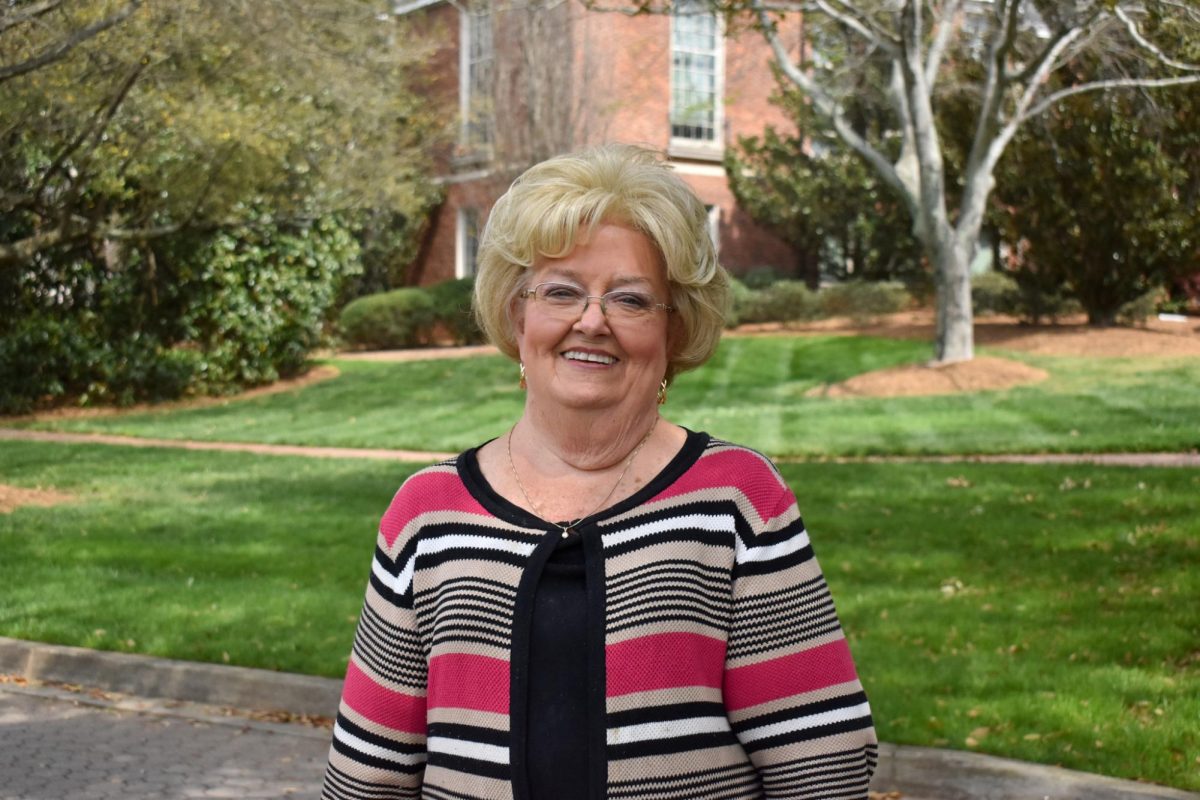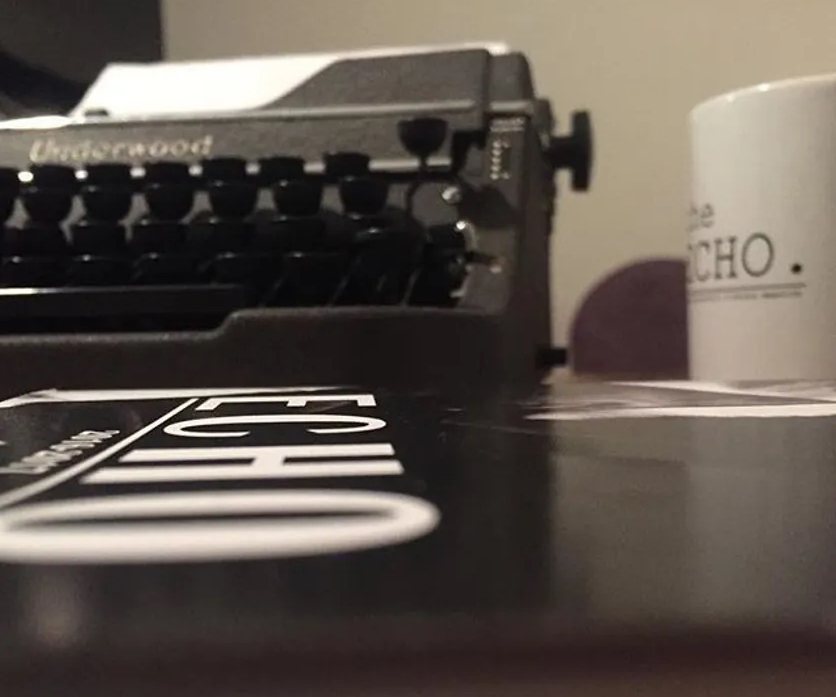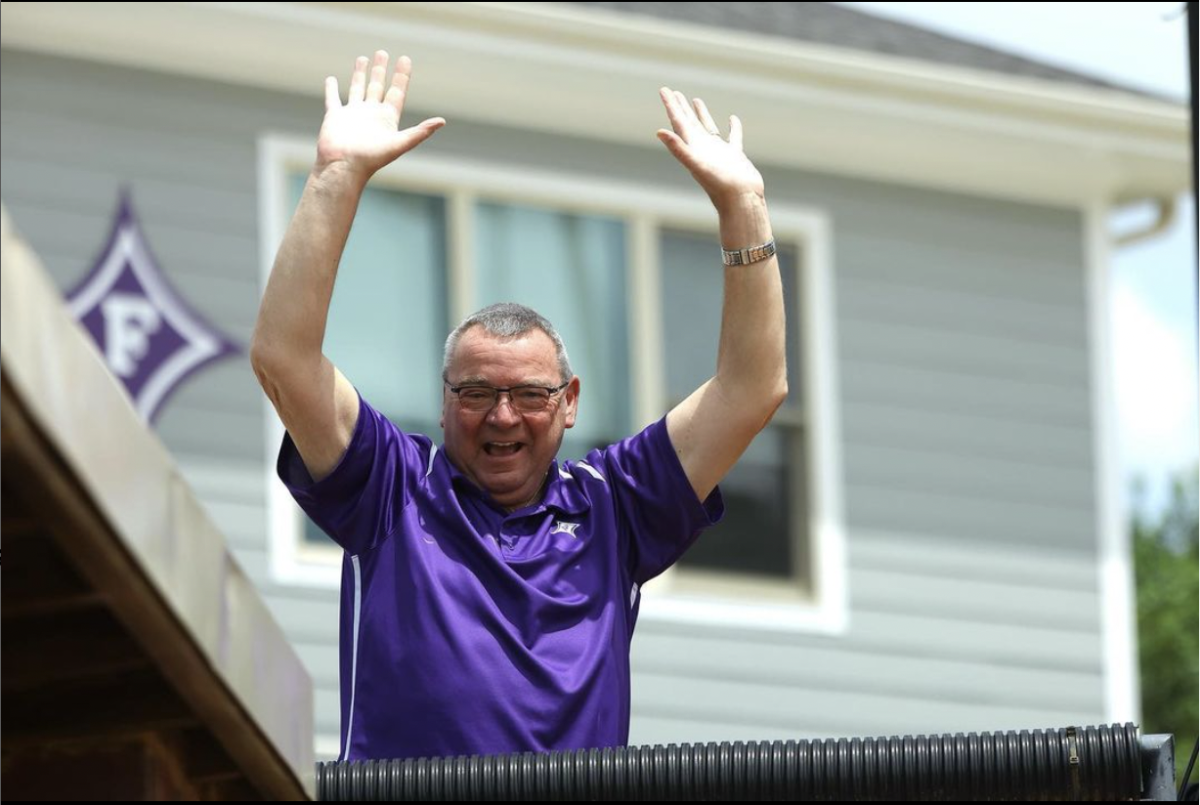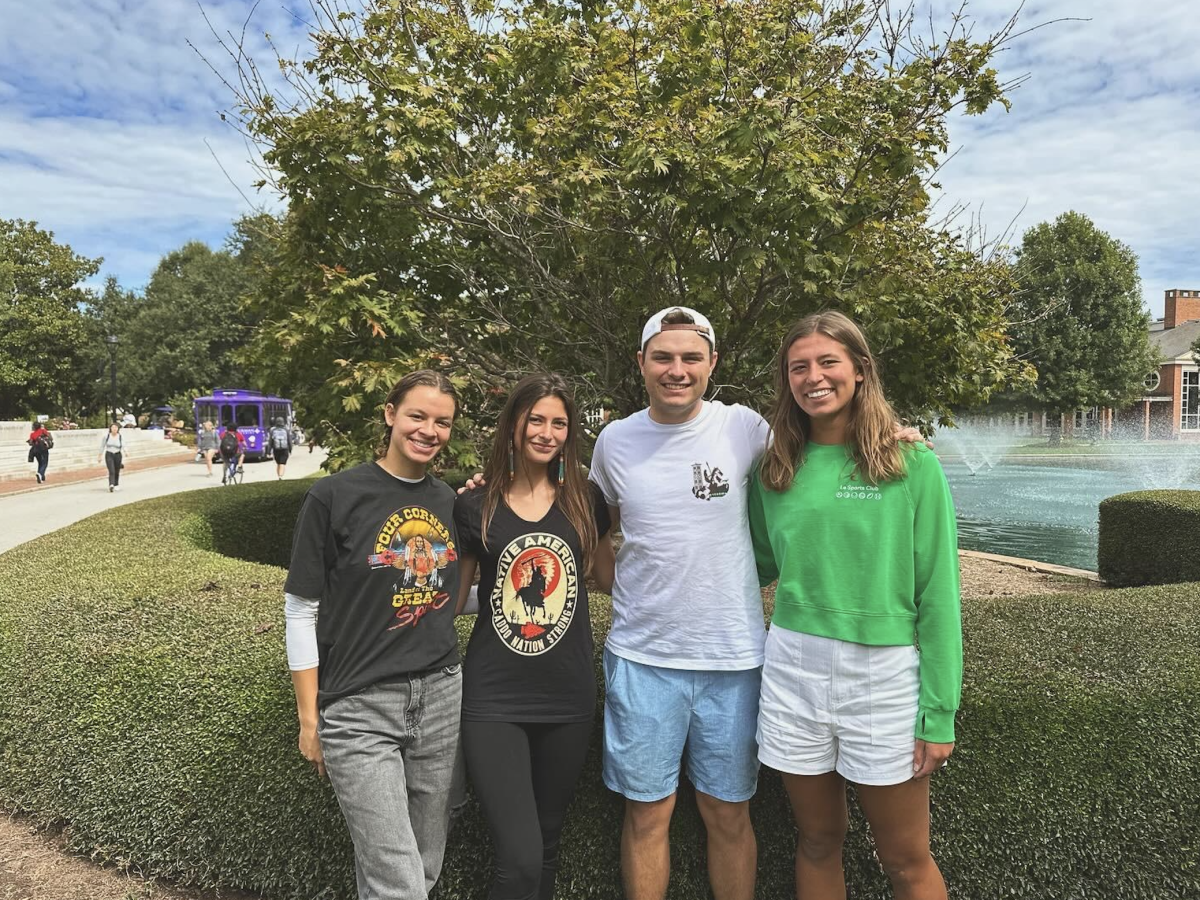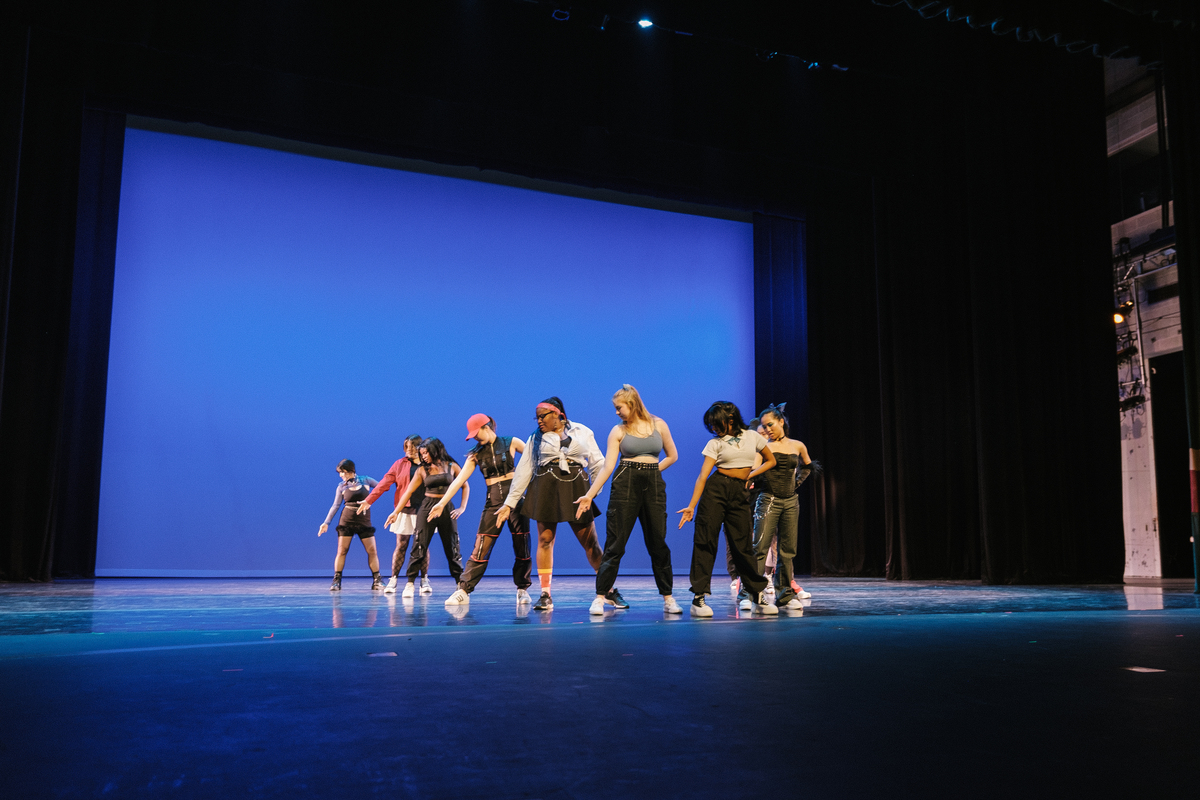ROTC, Reserve Officer Training Corp, is a four-year program common on college campuses nation-wide. However, a student’s commitment to the program does not end when they receive their diploma; upon graduation, students commission into the military as an Officer. While this may sound like a daunting task to many Furman students, for program participants it is far less daunting — we have spent four years preparing and training for a future in the U.S. Army (Furman only has an Army ROTC program, so all cadets in the Paladin Battalion join the U.S. Army after graduation).
Furman students outside of the program always have varying levels of knowledge regarding ROTC. Some know the ins and outs of the program while others don’t even know we have an ROTC program on campus. Oftentimes I get asked about our “camping trips” or “hikes in the woods;” if only it were that leisurely. And while many students can probably attest to seeing the ROTC program in the woods behind the chapel during our lab, an equal number likely wonder what in the world is happening out there. So in this article, I’m going to shed a little light on the life of a cadet at Furman for all those interested in learning more about one of Furman’s largest student organizations
Regarding the structure, you can think of each year in ROTC as similar to each year in college. But Instead of being called freshmen, sophomores, juniors, and seniors, cadets are known as MS1, MS2, MS3, and MS4 respectively. MS stands for “military science” and the number indicates the level, 1 being first years and 4 being fourth years. Much like other college classes, cadets have both a class period with their own grade and a lab period with the entire battalion. In addition to requirements during the academic day, cadets are required to attend Physical Training (PT) 3-4 days a week. These morning workouts are designed to improve ones’ strength, endurance, and score on the PT test. Like other organizations, each year in ROTC brings new learning opportunities, responsibilities, and leadership opportunities.
Freshman Year – MS1 year
Given that MS1 year is often a cadet’s first exposure to the Army, it is usually a learning year — both about the Army and more general academic skills. , Cadets learn important time management and self-discipline skills, having to manage both ROTC and their new college environment. The Paladin Battalion aims to support freshmen with this transition the best they can. For example, freshman cadets are required to attend study hall twice a week to ensure they are scheduling adequate time for school in their hectic schedules.
In ROTC, freshmen are known as Team Members and occupy the lowest level of the Army formation structure. Team Members have the least responsibilities in the program and their main responsibility is showing up at the right place, at the right time, and in the right uniform.
Sophomore Year – MS2
As an MS2, cadets have a year of ROTC under their belts and are given more responsibilities within the battalion. Most sophomores are Team Leaders, meaning they lead and are responsible for a team of two to three other cadets. Responsibilities of this role usually include passing down information, tracking attendance, and checking in with their team’s physical and mental well-being.
MS2s have ROTC class twice a week and attend the battalion lab. During classes, sophomores are introduced to tactics, leadership styles, mission planning, and writing staple documents such as Operations Orders and Warning Orders. These orders clearly define the mission type and intent, the end goal, the tasks and purpose for all those involved, a step-by-step plan of action for completing the mission, required equipment and sustainment, and important information on communication. Operations Orders are critical documents to a mission and writing them is a primary skill cadets are tested on.
Junior Year – MS3
Junior year is a very important year in ROTC, as it is the year before cadets attend Advanced Camp. During junior year, cadets assume bigger leadership roles like Squad Leader or Platoon Leadership. Squad Leaders lead a squad of two teams, meaning there are about six to seven people total in a squad. They are charged with maintaining accountability of their squads, passing down information, leading during labs, and checking on the well-being of their squad members. Platoon leadership positions entail even more responsibility, as they place the junior in charge of a platoon of three to four squads. Platoon leaders act as a liaison between the overall leadership (made up of seniors) and their platoon, meaning each junior cadet thoroughly develops their personal leadership style.
In the classroom, MS3s get a more in-depth education on tactics and mission planning. One of the biggest parts of junior year comes in the spring, when all juniors are given a mission task, write an OPORD on it, brief it, and finally execute it. The execution phase is when many Furman students see the ROTC in action in the woods behind the Chapel — we are actually executing a mission back there!
Senior Year – MS4
Senior year, also called MS4 year, is a cadet’s final year in both college and the ROTC program. Before returning to school for senior year, a cadet is required to attend and complete Advance Camp. Advance Camp — a month-long camp held at Fort Knox in Kentucky — is when cadets are finally tested on everything they learned in ROTC at their individual schools, yet it is done in a nation-wide setting, as cadets from schools all over the country come to Fort Knox for testing. Splitting time between the classroom and field environments, cadets are tested on leadership, tactical, and technical skills.
At Furman, seniors return about a week before classes start for Planning Week. During Planning Week, the senior class and cadre – the officers and enlisted personnel of various ranks leading the program who act in a professor, advisor, and boss role to the cadets - plan the entire semester: events, labs, PTs, the whole shebang. Senior year is also when cadets are given the highest level leadership positions; seniors can be Platoon Leaders or have a Battalion level leadership position like First Sergeant, who is in charge of all the Platoon Sergeants.
Furthermore, during senior year a cadet’s responsibilities shift from learning to teaching, and they begin to run labs and instruct younger cadets. Senior year is also the year cadets begin “job hunting” in the army. All cadets go through a branch process to find job placement within the army. The Army has 17 branches, varying between fieldwork with Infantry, office work with adjunct generals, or medical work with the Med Service Corps. It is up to Cadets to determine where they want to end up, so they have to navigate the job search just like many other Furman students….well, kind of like other students! Upon graduation and commission, cadets can find jobs in the Army with careers in anything from infantry or armor to roles like engineering or finance.
This is only a small sampling of the day to day life of cadets at different class levels. Essentially, with each year in ROTC cadets gain responsibilities and knowledge they will take into the next year and eventually life after college. If you would like to learn more about ROTC at Furman, please visit: https://www.furman.edu/academics/military-science/
Follow the Paladin Battalion on Facebook and Instagram @paladinbattalionfurmanrotc
If you would like to learn about ROTC in general, please visit: https://www.goarmy.com/careers-and-jobs/find-your-path/army-officers/rotc.html
Follow on Instagram @armyrotc















